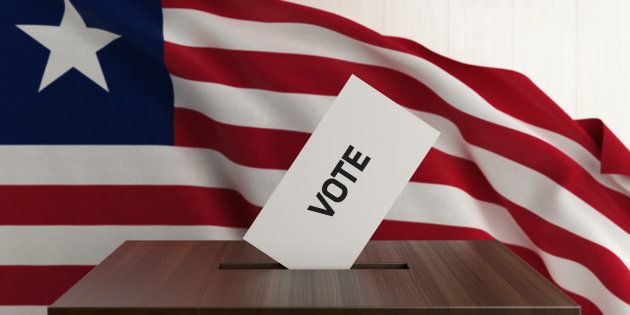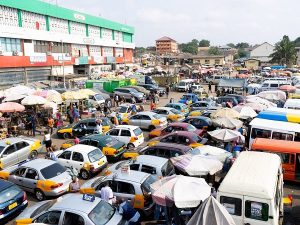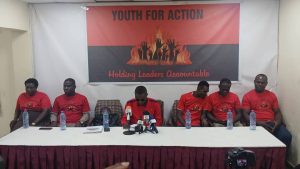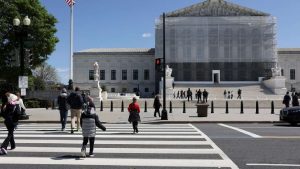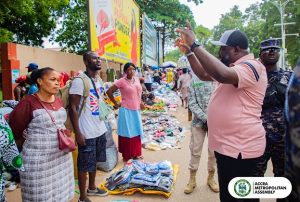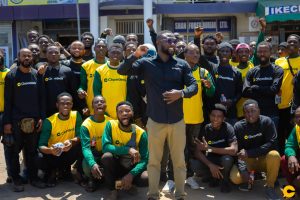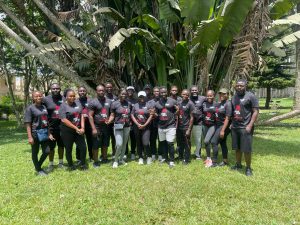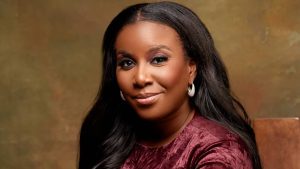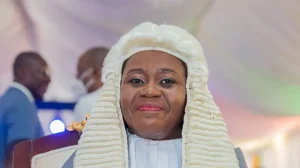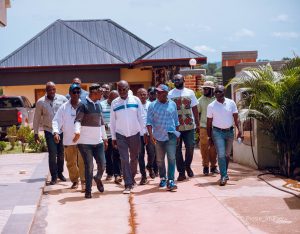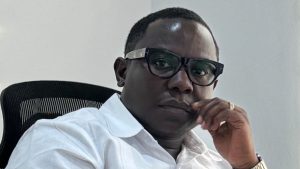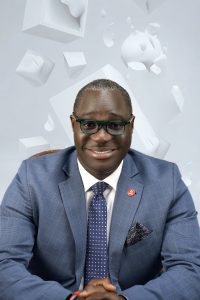Over 2.4 million Liberians head to the polls on Tuesday to elect a president and members of their legislature. Currently, 19 candidates are hoping to replace incumbent President George Weah of the Coalition of Democratic Change, who is seeking a second six-year term.
The two main challengers are former vice president Joseph Nyuma Boakai and businessman Alexander Cummings. Both men were previously in a four-party opposition alliance, the Coalition of Political Parties (CPP). However, despite initial success, the coalition has since broken up after reported disagreements over who gets the presidential ticket in this election cycle.
Also in the running is the Liberian People’s Party’s Tiawan Gongloe, a renowned human rights lawyer and professor of law who served as the country’s solicitor general during the Ellen Johnson-Sirleaf administration.
Only two of the 20 contenders in Tuesday’s presidential vote are women, one of whom is Sara Nyanti, a former deputy special representative in the United Nations Mission in South Sudan.
Weah, who is running for a second term, has boasted that he will secure victory in the first round of elections. He has been in office since 2017.
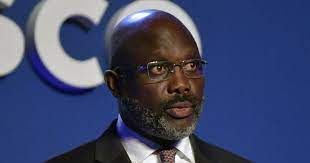
Weah, 57, has said his performance will be enough to secure re-election. He counts as an achievement a free tuition scheme for undergraduates at public universities that was instituted in 2018. The administration has also embarked on several road construction projects around the country.
Despite these, critics say corruption has been widespread under Weah. They also point to the state of the economy and rising food prices, which led to protests in December last year and in June of 2019, as indicative of government failure.

With decades of experience in Liberia’s public sector, Boakai has widespread name recognition and is now aiming for the presidency under the Unity Party (UP). The 78-year-old was previously minister of agriculture from 1983 to 1985. He was also vice president from 2006 to 2018 for Johnson-Sirleaf. For many, Boakai’s second attempt at the presidency is a rematch with Weah after both men faced each other in 2017.
The former vice president has also promised to work with the legislature to establish a specialized court to fast-track cases of corruption and economic crimes and to support the private sector in developing programs for recycling solid waste into renewable energy.
However, critics have said that, at 78 years old, Boakai is too old to govern. Boakai has also been accused of facing health challenges, which he has denied.

